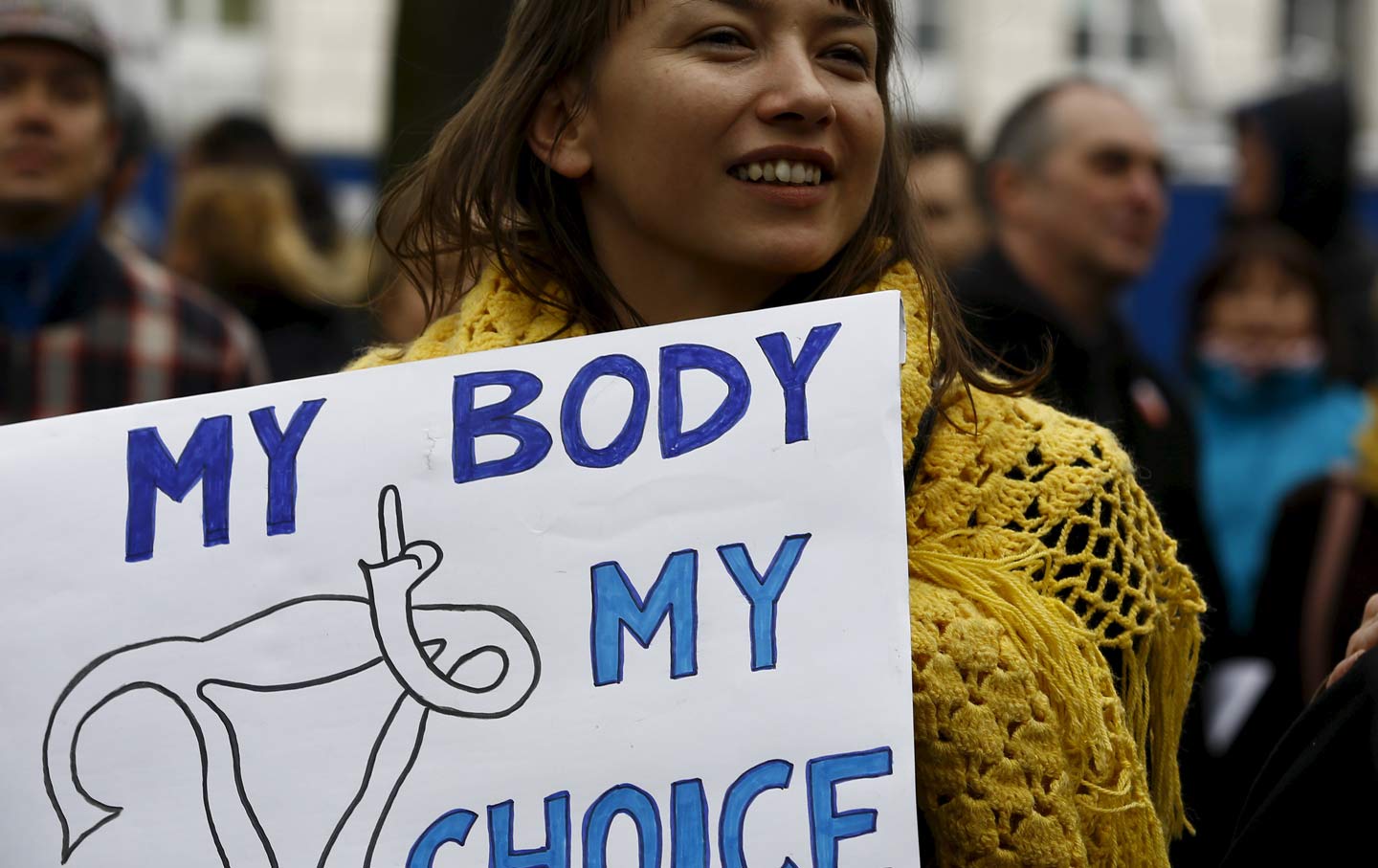
Call for Papers
QueerFemSEE – Queer and Feminist Studies in Eastern Europe International Conference
17-19 November
Bucharest, Romania
Dear Colleagues,
We are inviting you to the first conference of its kind in the Romanian academia: QueerFemSEE – Queer and Feminist Studies in Eastern Europe International Conference. The conference is hosted by the University of Bucharest and will take place on 17 – 19 November 2017.
QueerFemSEE is an interdisciplinary conference that seeks to explore various accounts of South-Eastern and Eastern European researchers (and their Western peers with similar interests) concerning topics connected to media studies, cultural studies, public space, and their intersection with gender and queer studies. We aim to offer a space for sharing research, ideas, alternative readings of cultural and media products that are often neglected in various national academic contexts.
As academic accounts from the West include scholars such as Sara Ahmed, Jack Halberstam, Chandra Talpade Mohanty or Gayatri Chakravorty Spivak whose works have a great impact in the field of queer and feminist studies, there is also an increasing number of scholars who center their research on SEE countries and contribute to the local accounts in these fields: Judit Takács, Roman Kuhar, Igor Kon, Joanna Mizieliñska, Bojan Bilić, Sanja Kajinić, Vera Kurtić, etc. Their works could represent a starting point for Eastern European academics with interest in queer and feminist local contexts, culture, and movements.
One of the key concepts for discussion is intersectionality. Although in the last decades scholars in cultural and media studies have begun to address issues such as gender, race, ethnicity, disability, sexualities in their work, there is still a gap concerning the amount of research in this direction between Western academic spaces and the Eastern ones. Considering this, the question which can be raised is if Western feminist and queer theories can be applied (and if yes, to what extent) to other local contexts? How are the frameworks and operating concepts constructed? How can cultural and media analysis benefit from these paradigms? What are the examples of ‘national’ or ‘local’ queer cultures and media representations and what are their particularities in comparison to other cultures (from other geo-political contexts)? These are only a few questions that might help shaping the scope and importance of incorporating feminist and queer studies in media and cultural analysis.
QueerFemSEE aims to open a discussion space for students, scholars, artists and activists who are interested in the way different queer and feminist discourses function within their own culture and recent/contemporary history and/or beyond.
Confirmed speakers:
Prof. Judit Takács, Institute of Sociology, Centre for Social Sciences. Hungarian Academy of Sciences (IS CSS HAS)
Vera Kurtić, executive coordinator Women Space (Serbia)
Assistant Prof. Magda Szczesniak (University of Warsaw)
Dr. Olga Plakhotnik, National Aerospace University (Kharkiv, Ukraine) and The Open University (UK)
We are welcoming proposals for panels and individual papers dealing with, but not limited to the following topics:
- Gender and sexualities in media. Layers of discrimination, representations and examples of good practices;
- Transgender issues and related activism as reflected in mass media and other mediums;
- Queering the Eastern academia;
- Artistic practices related to queer and feminist topics and their methodologies;
- Western “models”, homonationalism and the bearing of the “local”;
- The concept of intersectionality in accounts of race/ethnicity, class, disability and sexualities;
- Feminism(s) in Eastern European countries and their presence in mass media and popular culture;
- Lives of LGBTQI+ persons under the former communist regimes. Perspectives on aging;
- Queer characters in popular culture.
- Feminist and queer spaces and sites of resistance;
Guide for authors
Deadline for submissions: July 30, 2017
Notification of acceptance: by August 30, 2017
Deadline for draft articles (to be selected for the proceedings): 25 October 2017
Details about opportunities of publication will be announced on the conference website.
Deadline for final articles: 30 November 2017.
Language: English
Please submit one document (.doc or .pdf format) containing the proposed abstract (max. 500 words, theoretical frame included) or and your short bio at queerfemsee@gmail.com.
Logistics
The conference program will consist of two hour panel sessions on specific topics, and because we consider that every person attending this conference should have the opportunity to engage with all the presentations and topics of interest to them, there will be no parallel panels. The conference venues are wheelchair accessible (at various degrees), however, we appreciate if you inform us about your needs in advance, as we would have to make some arrangements and adjustments. Vegetarian food will be provided at lunch, if you have any dietary requirements please do not hesitate to inform us.
A word on financing
From our experiences, we know that for some scholars, independent researchers or activists coming from non-western spaces access to funding for participation at such events might be more difficult (and sometimes impossible) than for their Western peers.
That is why if you are a graduate student (not employed at your University) and your financial situation does not permit it and you have trouble in accessing funding from your home institutions, we might be able to help.
Thanks to ERSTE Foundation we have received some funding dedicated to travel and accommodation expenses for a limited number of participants coming from South-Eastern and Eastern Europe.
Please include in your e-mail whether you will need financial aid and we will attend to your needs as much as we can. If your institution can cover for travel and accommodation, we can provide formal invitation letters to the conference and for obtaining visas (if needed).
There will be no conference fee for attending QueerFemSEE.
On behalf of the organizing committee:
Ramona Dima (Phd candidate, Doctoral School in Communication Studies, University of Bucharest)
Dr. Simona Dumitriu (Multimedia Center for Visual Arts)
Lect. Alice Iancu (The National School of Political Science and Public Administration and Hyperion University)
We are looking forward to seeing you at the Queer and Feminist Studies in Eastern Europe International Conference.
Sincerely,
QueerFemSEE organizers
queerfemsee@gmail.com



